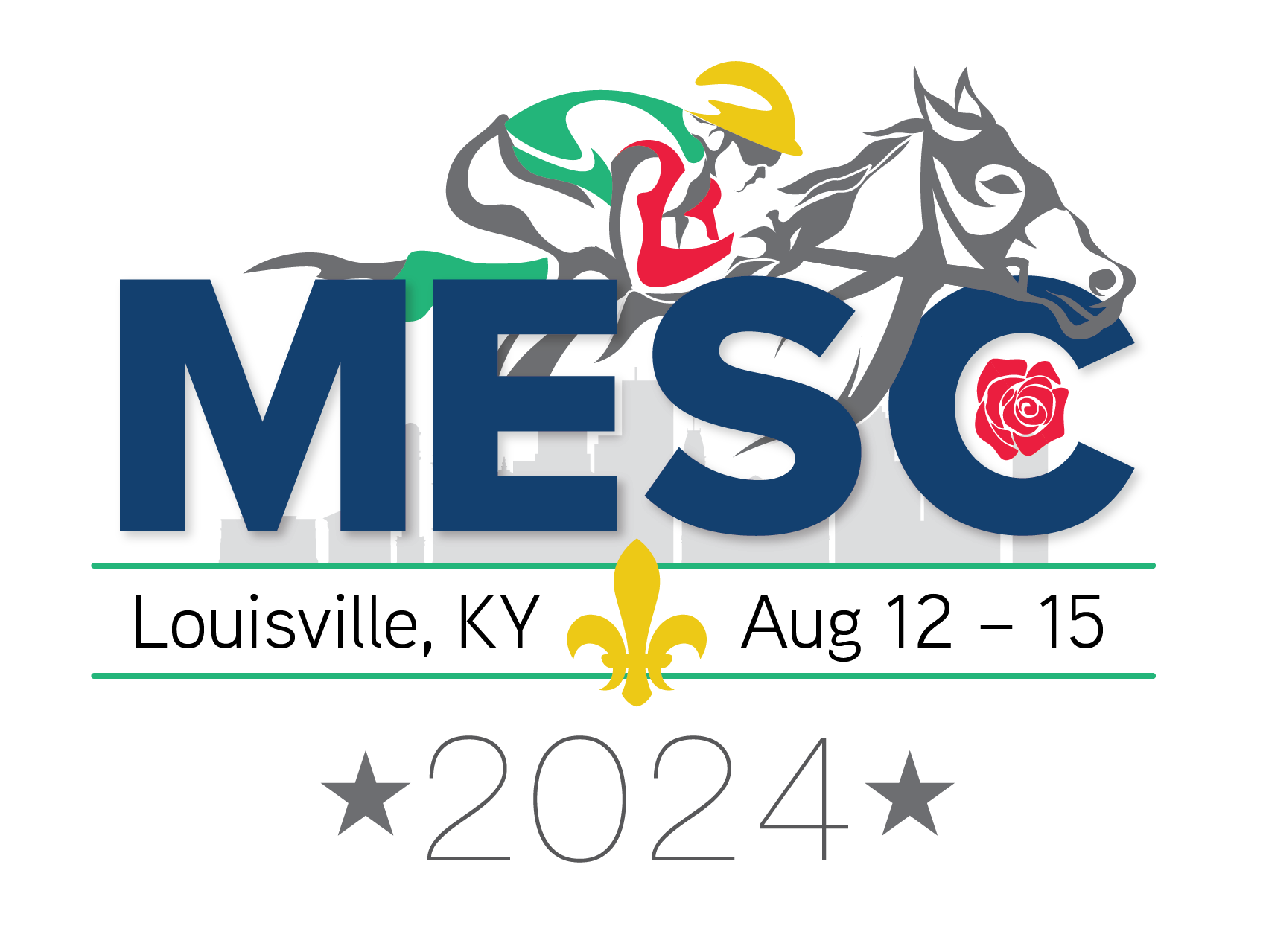The Medicaid Enterprise System (MES) Collaboration Award was first introduced in 2022 as an annual award to be presented at the MES Conference each year.
The award is given for distinction in collaboration between states, and their federal, private sector or not-for-profit partners. State Medicaid Agencies (SMA) are at the center of the award in that it recognizes initiatives that benefit the advancement of Medicaid technology investments to produce business outcomes. While the award may be given for a single state initiative, the initiative must have the potential to be used in multiple states or throughout the Nation. The initiative may center on any one of the many spokes in the business of MES, including reuse, interoperability, data quality, procurement, and compliance with CMS regulations.
The collaboration must be a formal project or initiative, supported by conditions such as project name, project sponsors, (both government and non-government), timelines, deliverables or work products and the like. The initiative should be substantially completed within the last two years from submission.
Nominations for the award may be developed by states or their partners, however, a senior leader of each of the participating organizations must approve and sign the nomination and act as the primary points of contact for the MES Collaboration Selection Committee. For example, if the nomination is for a collaboration between the S-TAG and an individual state, a leader from both organizations must approve and sign the nomination. At least one state must be named for a nomination to be accepted.
- 1. Has multi-organization collaboration been central to the completion for this initiative?
- 2. Was the project conducted in a structured way that supports the outcomes?
- 3. Was there a charter, project plan reporting to sponsors, etc.
- 4. Has this collaboration benefited one state and if so, are there plans to implement it in other states?
- 5. Are one or more of the central themes or goals from CMS part of the initiative?
- 2. Was the project conducted in a structured way that supports the outcomes?
- • Reuse, leverage
- • Interoperability
- • Modularity
- • Human centered design
- • Etc.
- • Interoperability
- 6. Are other states able to use the work products to consider using them in their agency?
